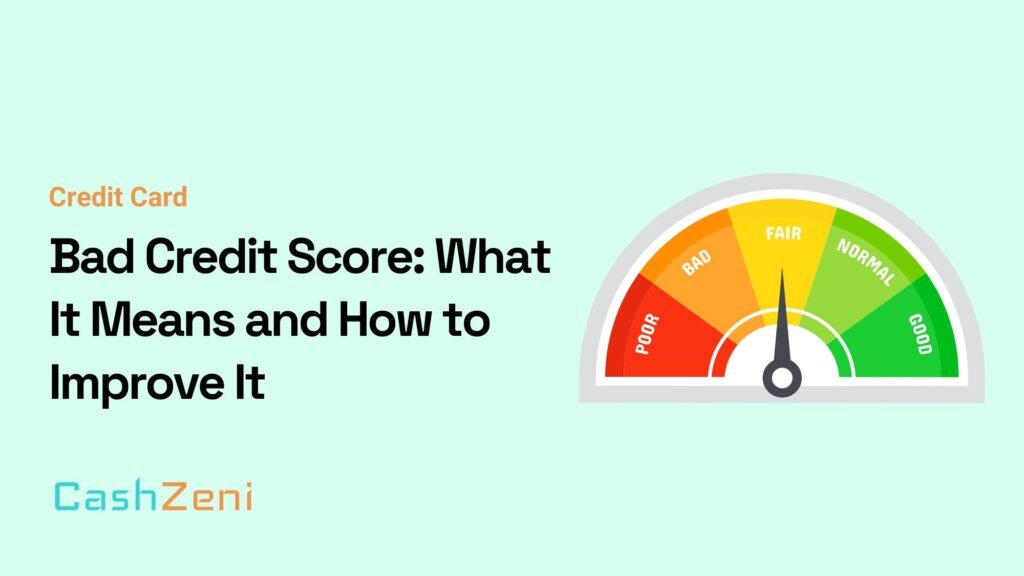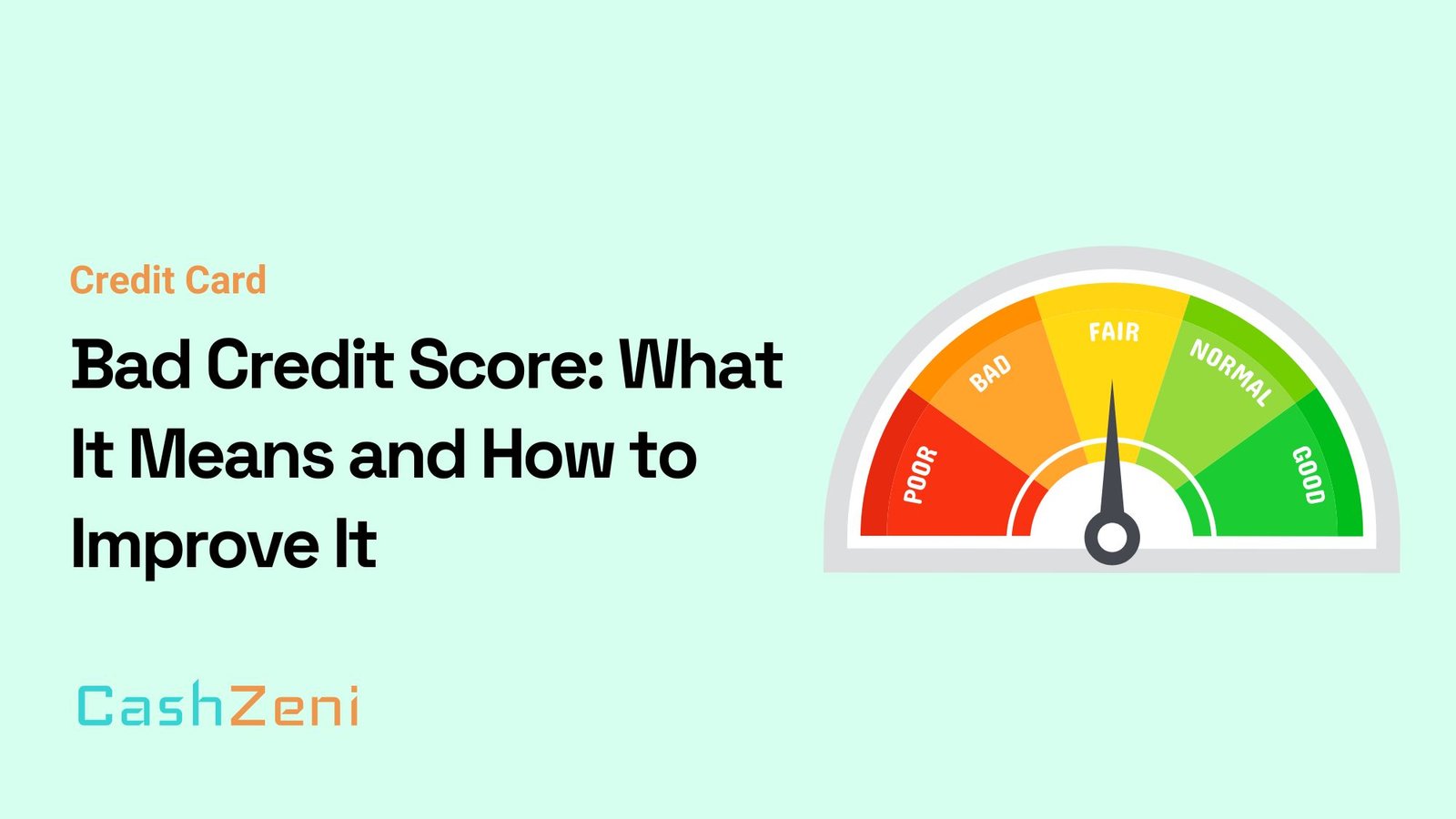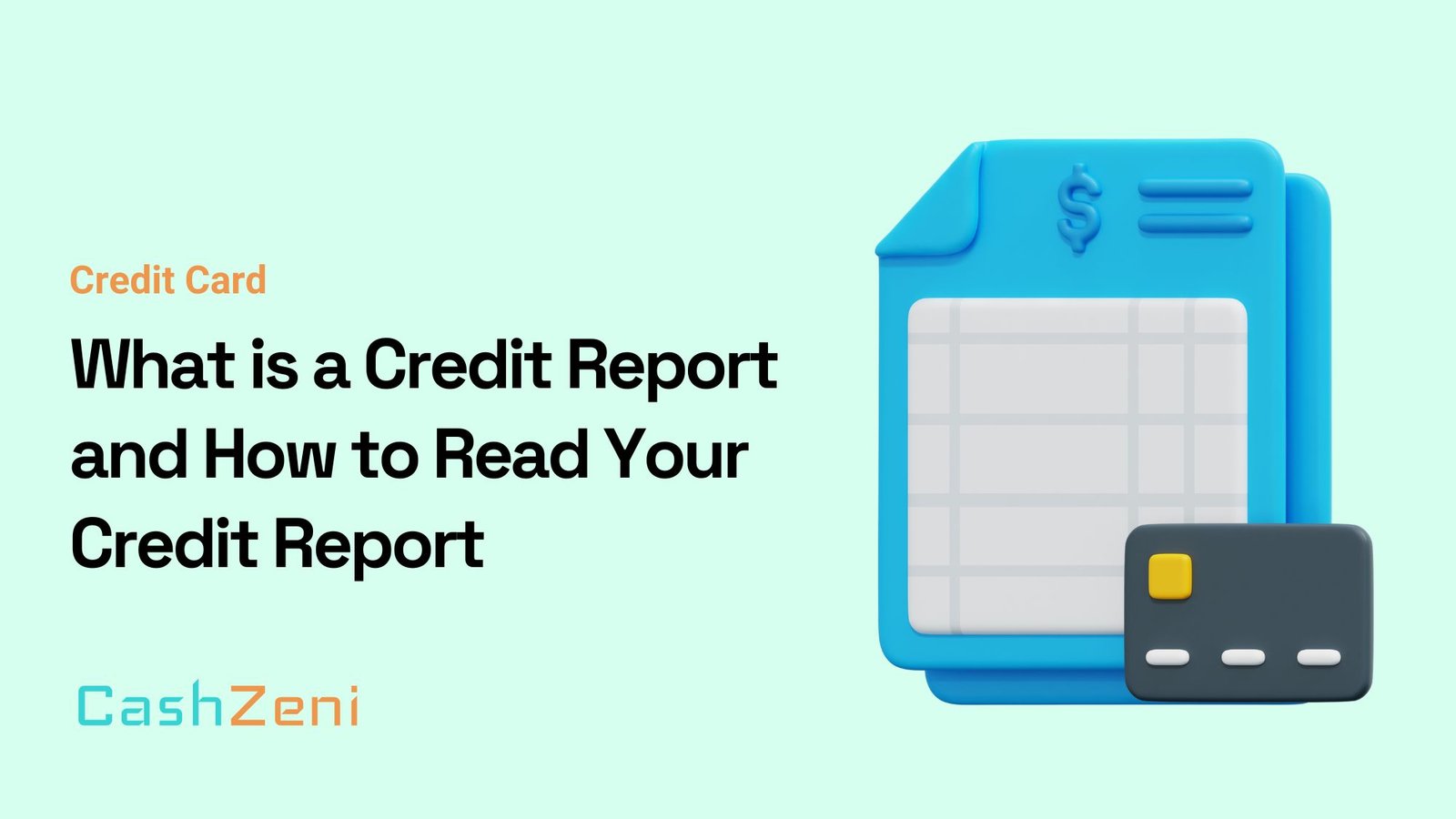Welcome to this comprehensive guide on one of the most crucial but often misunderstood aspects of personal finance: the credit score. You’ve likely heard that having a good credit score is important, but what happens when your credit score is less than stellar? A bad credit score can have far-reaching implications on your financial life, from obtaining loans to affecting your employability. This guide is designed to delve deep into the intricacies of bad credit scores, helping you understand what it means, how it works, and most importantly, how to improve it. If you’re new to the concept of credit scores, you may first want to read our introductory article: What is a Credit Score and Why Does It Matter?.
Table of Contents
Before diving into the nitty-gritty, let’s first set the stage by understanding what a credit score is and why it’s essential for your financial health.
What Is a Credit Score?
A credit score is a numerical representation of your creditworthiness, calculated based on your credit history. In layman’s terms, it’s a grade that reflects how well you manage your finances. Credit scores typically range from 300 to 850, with the higher end of the scale representing a more robust credit profile. Financial institutions, landlords, and even potential employers often use your credit score to assess your reliability as a borrower or lessee. A high score can open doors to better loan terms, lower interest rates, and more favorable financial opportunities.
What Is a Bad Credit Score?
Definition and Range
A bad credit score generally falls below 580 on the FICO scale or 600 on the VantageScore scale. While different financial institutions might have their own criteria, these numbers serve as a general guideline. A bad credit score indicates to lenders that you’re a higher risk compared to someone with a higher score.
Factors That Contribute to a Bad Credit Score
A myriad of factors contribute to a bad credit score, including late payments, high credit utilization, and even errors in your credit report.
Common Myths About Bad Credit Score
Contrary to popular belief, having a bad credit score doesn’t mean you’re financially irresponsible or incapable of managing debt. Several myths perpetuate the stigma around bad credit scores, including the notion that it’s impossible to improve.
How Does a Bad Credit Score Affect You?
Loan Applications
A bad credit score severely limits your ability to secure loans or credit lines. And even if you do qualify, expect sky-high interest rates.
Mortgage Rates
When you’re eyeing your dream home, a bad credit score could turn that dream into a nightmare by making you ineligible for favorable mortgage rates.
Employment Opportunities
Some employers, especially in the financial sector, view a bad credit score as a liability, potentially affecting your job prospects.
Security Deposits
Utility companies may require you to pay a security deposit if you have a bad credit score, adding to your financial burden. To understand how you can better utilize credit cards and mitigate some of these risks, read our article on Credit Card Advantages and Disadvantages.
How Does a Bad Credit Score Work?
Calculating a Credit Score
Your credit score is derived from your credit report, which is a comprehensive record of your financial history. Elements like payment history, debt load, and length of credit history are taken into account.
Who Checks Your Credit Score
Not just lenders, but also landlords, utility companies, and employers may scrutinize your credit score.
Impact of Financial Decisions on Bad Credit Score
Every financial move you make, from paying off a loan to forgetting a credit card payment, impacts your credit score.
How to Improve a Bad Credit Score
Having a bad credit score is far from the end of the road. There are multiple strategies you can employ to enhance your financial profile.
Review Credit Reports
The first step in improving a bad credit score is to understand where you stand. Obtain free annual credit reports from each of the three major credit bureaus — Equifax, Experian, and TransUnion — and review them for inaccuracies.
Pay Bills on Time
Your payment history accounts for 35% of your FICO Score. Consistently paying your bills on time will have a positive impact on your credit score.
Reduce Debt
High credit card balances or large amounts of outstanding loans relative to your credit limits can negatively affect your credit score. Aim to keep your credit utilization ratio below 30%.
Seek Professional Help
If your financial situation is complicated, it may be beneficial to consult a credit counseling service. They can provide expert guidance tailored to your specific circumstances.
Case Studies
Insights are better understood when backed by real-world examples. Here are a couple of case studies that illustrate the pitfalls and opportunities related to bad credit scores.
Success Story: From Bad to Good Credit
Meet Jane, who managed to elevate her credit score from 500 to 720 within a year through disciplined financial practices.
Cautionary Tale: The Impact of Neglecting Your Credit Score
On the flip side, meet John, who ignored his falling credit score until it became a roadblock to securing an essential loan.
Conclusion
Understanding your credit score, especially if it’s on the lower end, is crucial for financial well-being. While a bad credit score can limit your financial opportunities, it’s not an irreversible condition. By implementing some of the strategies discussed in this guide, you can take meaningful steps to improve your credit score and, by extension, your financial future.
Frequently Asked Questions
What is considered a bad credit score range?
A score below 580 on the FICO scale or 600 on the VantageScore scale is generally considered bad.
How long does it take to improve a bad credit score?
Improvement timelines can vary but expect at least six months to see significant changes.
Can I get a loan with a bad credit score?
Yes, but be prepared for high interest rates and less favorable terms.
How often should I check my credit score?
It’s advisable to check your credit score at least once a year, or before any significant financial decision.



